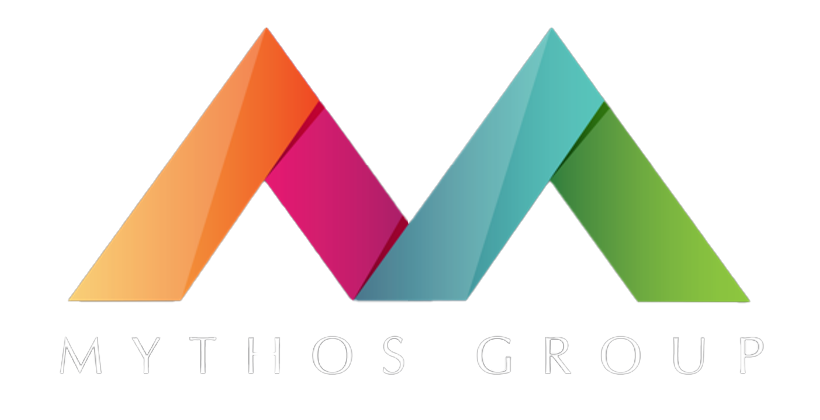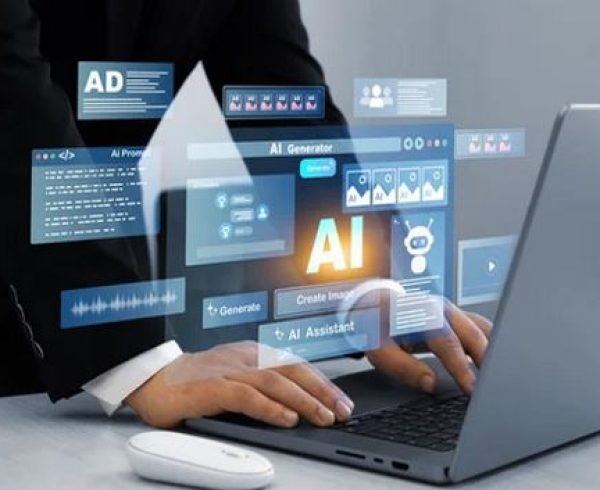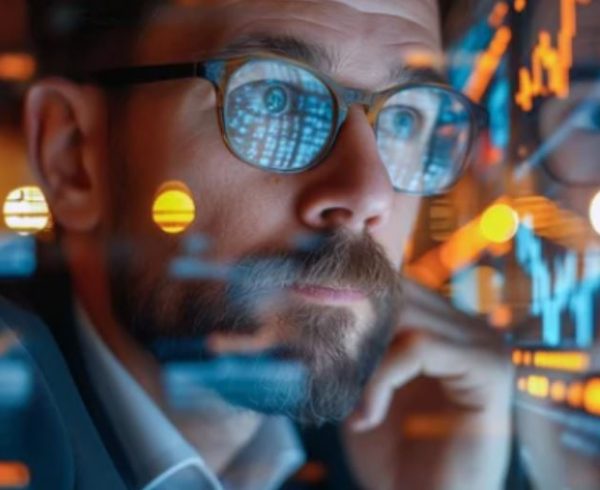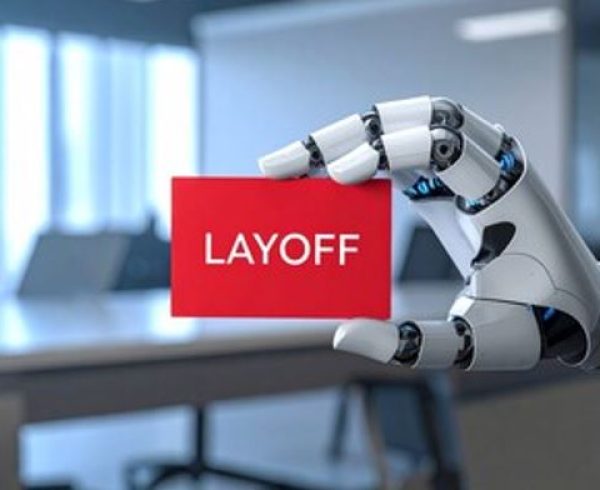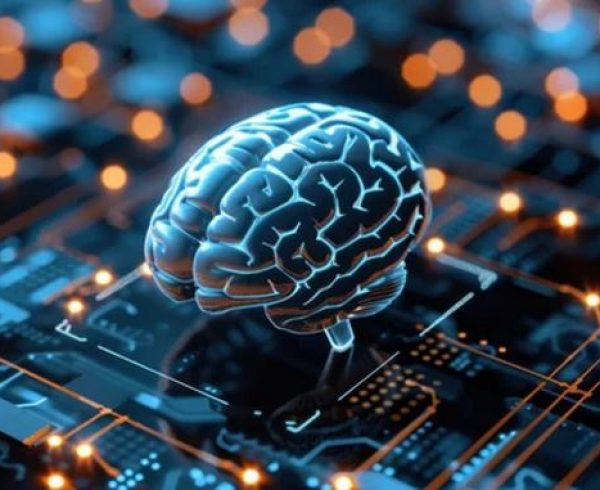Artificial Intelligence (AI) in some form has been around us for decades. Already, AI is in many cars, is part of manufacturing, the medical field, finance, mobility, and more. AI is not going away and for that matter, neither are pandemics like COVID-19, which is why leaders need to think about their business will be affected and how they can use this time of change to look at how AI can put them on a path for success.
Evolution Of AI
The impact of AI – machines that mimic the cognitive functions of humans like learning and problem-solving – can’t be ignored. Many will remember when IBM’s Deep Blue computer played chess world champion, Gary Kasparov, and won. Less than 15 years later, IBM’s Watson soundly defeated Jeopardy champions Ken Jennings and Brad Rutter. The difference between the two is that while Deep Blue could calculate moves, Watson was capable of answering questions posed in natural language.
Since then, IBM announced that Watson would be used to help make utilization management decisions in lung cancer treatment at Memorial Sloan Kettering Cancer Center in New York City. According to IBM, 90% of nurses in the field who use Watson, now follow its guidance. It has certainly come a long way from a few moves on a chessboard.
AI And COVID-19
The COVID-19 pandemic has forced technology and health care companies to come together in the fight against the disease with applications like tracking and prediction, early alerts, data dashboards, etc.
Microsoft’s Bing AI tracker is able to give a global overview of the current pandemic statics while MIT has pushed the boundaries even further. It has developed an AI program that simply by listening to a cough, can identify if it’s a regular cough or a COVID-19 cough, even if the patient is asymptomatic. The MIT model is so accurate, it detected 98.5% of people in the study who had the coronavirus. The researchers are hoping to turn the technology into an app and eventually incorporate it into smart speakers and cell phones.
Health & Medicine
Apart from the pandemic, AI is being used to significantly advance healthcare outcomes. Dell and Minolta recently joined forced to develop moveable X-rays in order to help doctors save lives. AI can be used to analyze these X-rays, make predictions, and show doctors specifics such as oxygen and blood flow. This additional data, helps doctors more easily determine the patient’s treatment plan.
Retail
Brick and mortar retailers looking to survive both the global pandemic and keep relevant will need to use AI to build better businesses. For instance, the streaming music company, Spotify, uses an AI algorithm to recommend music or podcasts based on the users’ listening habits. That same technology can be used by retailers to better understand their customers’ buying habits and make relevant recommendations.
Supply Chain
AI is slated to be a game-changer for the supply chain and logistics industry. With AI, businesses can predict, rather than guess sales and demand, forecasting, spend analytics, and logistics network optimization.
Specifically, AI-driven predictions can outline time, cost, and revenue implications across various scenarios. And with the right cognitive automation platform in place, it can act autonomously, learning over time and continuously improving the recommendations.
The current global pandemic is currently driving a faster adoption of AI, not only to help save lives in the medical field, but in other industries as they grapple with staying competitive and maneuvering out of an economic downturn. Leaders should look closer than ever into AI as a solution to navigating through the rough waters of the current business climate.
Mythos Group’s white paper, Post-COVID-19: Re-imagining A New Era of Work, contains more detail on this and other recommendations, and is available to download for free from https://bit.ly/MG-White Papers.
